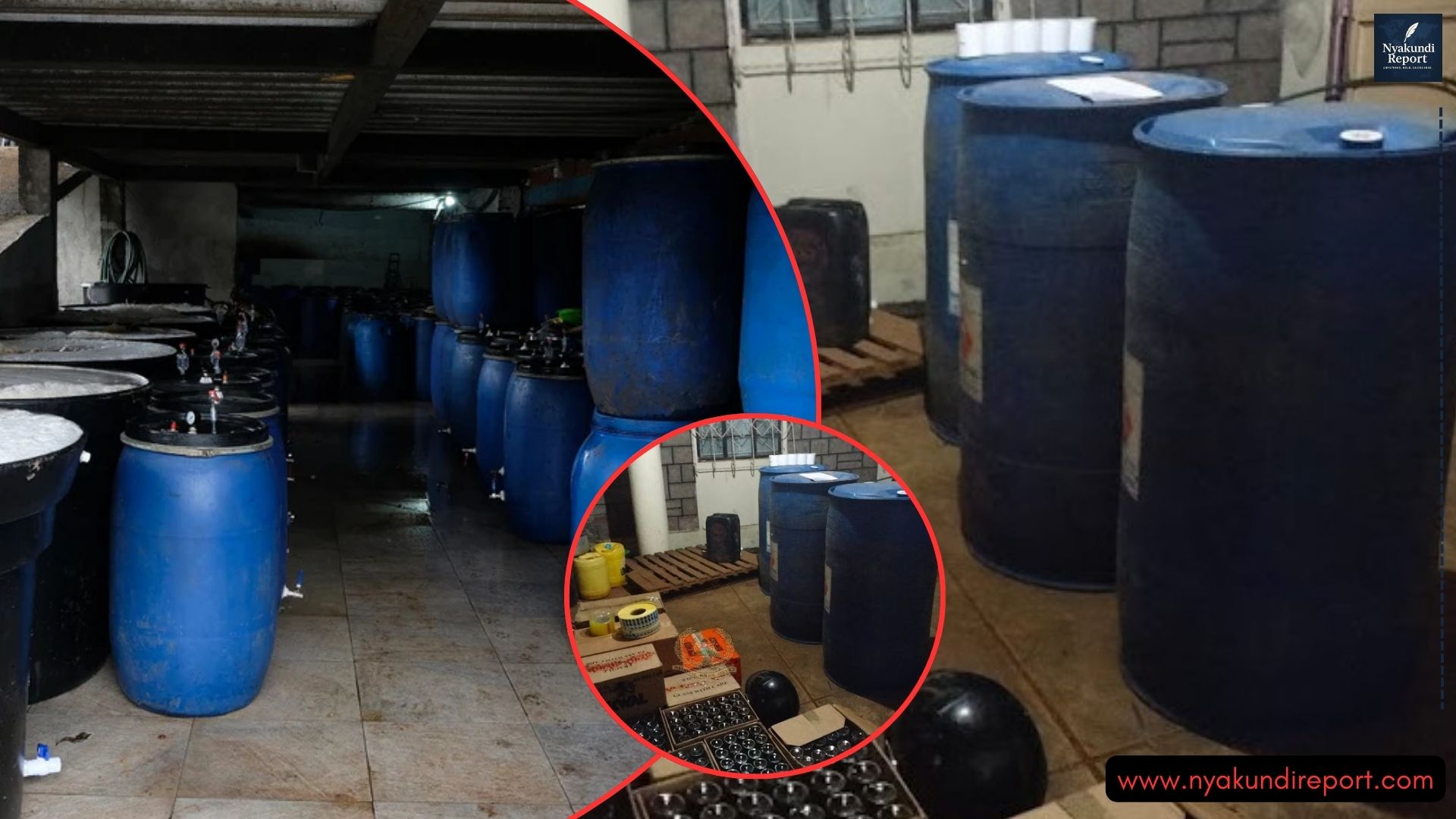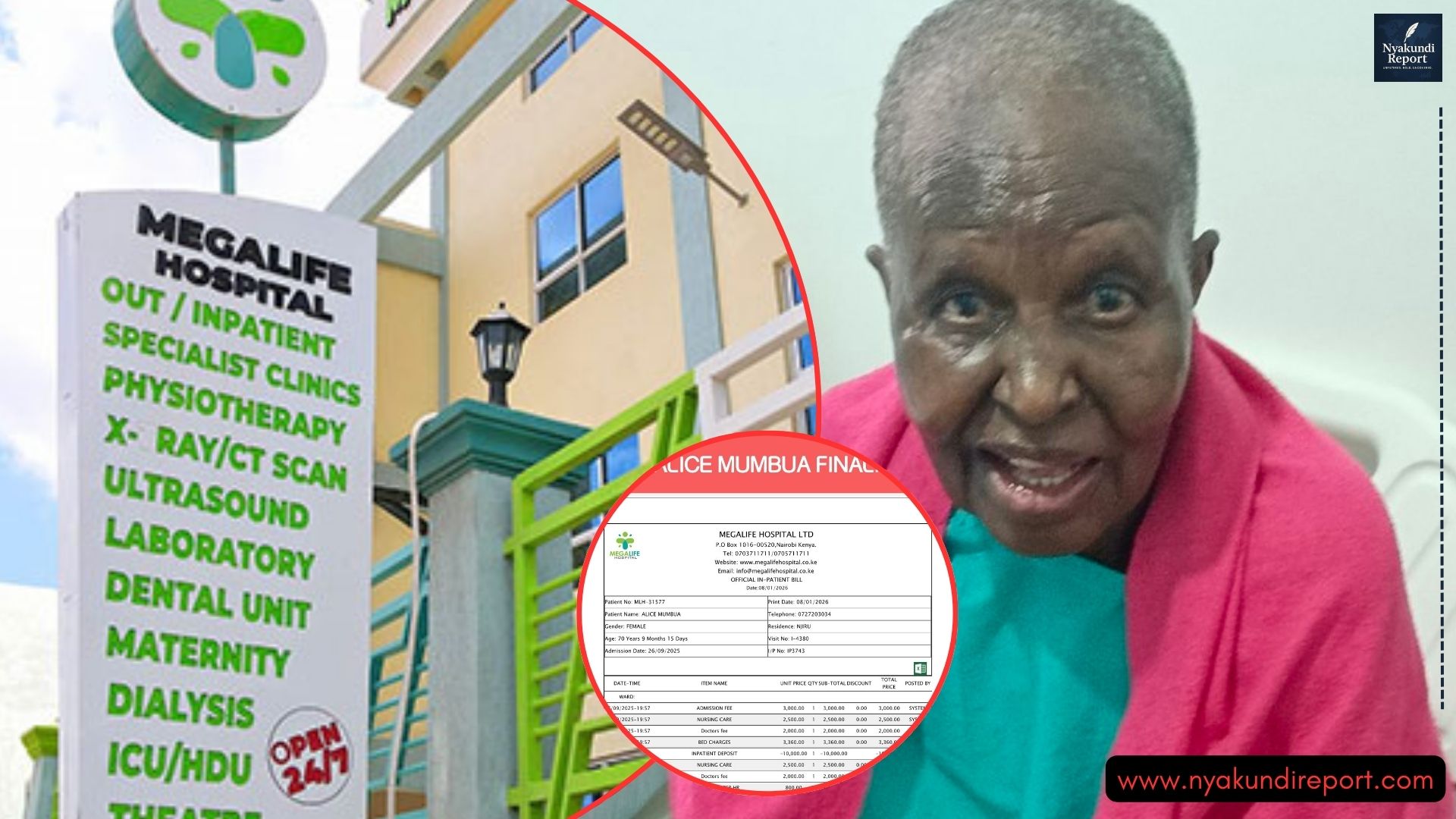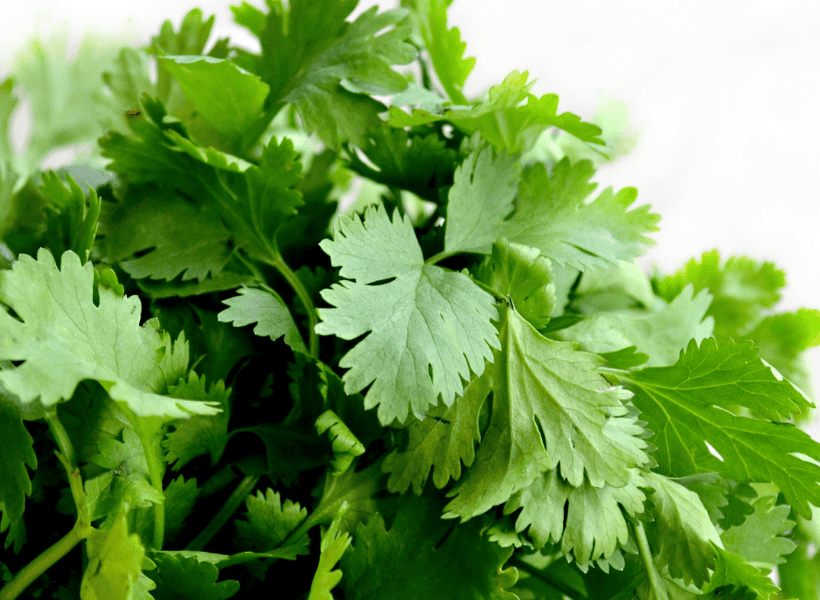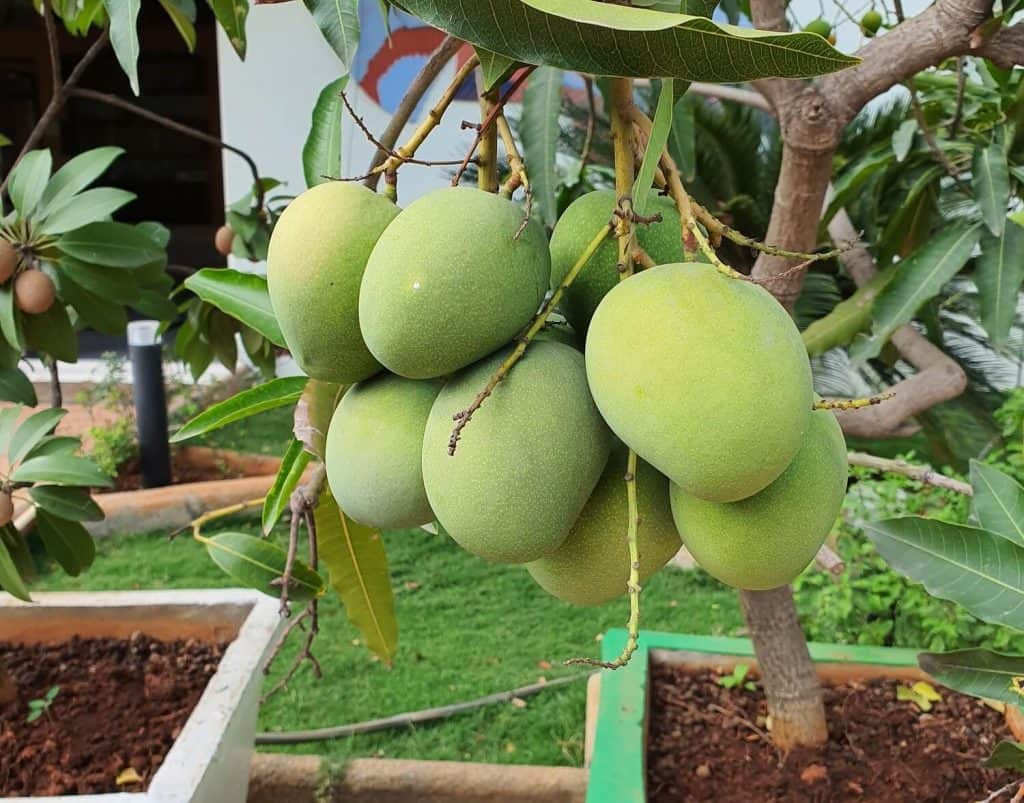Pumpkin cubes are nutritious, versatile, and easy to prepare for everyday meals. Their natural sweetness blends well with many dishes, making them ideal for stews, soups, salads, and healthy side servings.
You can boil them for softness, roast them for rich flavour, steam them for maximum nutrients, or sauté them for quick meals.
Once you learn the simple steps, you can turn fresh pumpkin into a warm and comforting dish that suits your taste. This guide breaks down every method you need to know.

How To Cook Pumpkin Cubes
Learning how to cook pumpkin cubes helps you prepare a healthy ingredient for nearly any recipe. Each cooking method gives pumpkin a different texture and flavour, so the choice depends on your meal. Below is a complete guide to peeling, cubing, seasoning, boiling, roasting, steaming, and sautéing pumpkin to perfection.
Preparing the Pumpkin Cubes
Start by peeling the pumpkin using a strong knife or vegetable peeler. Remove the seeds and soft fibre from the centre. Cut the pumpkin into even cubes so every piece cooks at the same pace. Rinse the cubes under clean water and pat them dry.
Seasoning depends on your cooking plan. For plain cubes, keep them unseasoned if you want to boil or steam them. For roasting or sautéing, add salt, pepper, and herbs. Pumpkin works well with cinnamon, garlic, curry powder, paprika, mixed herbs, or a simple blend of oil and pepper.
A quick table of seasoning ideas
| Cooking Method | Suggested Seasoning |
|---|---|
| Boiling | A pinch of salt |
| Roasting | Oil, pepper, paprika, herbs |
| Steaming | No seasoning or light salt |
| Sautéing | Oil or butter, garlic, herbs |
Even cubes and the right seasoning improve texture and flavour during cooking.
Boiling the Pumpkin
Boiling works well when you want soft pumpkin cubes for mashing, blending, or adding to stews. Place the cubes in a pot and cover them with water. Add a small amount of salt to improve the taste. Put the pot on medium heat and let the water come to a steady boil.
Cook the pumpkin cubes for ten to twelve minutes. Check their softness by piercing one cube with a fork. When ready, they should be tender but firm enough to hold their shape. Drain the water and rest the cubes for a minute to release extra moisture.
Mashed pumpkin is easy to make from boiled cubes. Add butter, pepper, and a little milk for a smooth finish. You can also add the boiled cubes to soups, stews, vegetable mixes, or rice dishes.
Roasting the Pumpkin Cubes
Roasting delivers deeper flavour, light caramelisation, and a slightly firm texture. Preheat your oven to 200°C or 392°F. Spread the pumpkin cubes on a tray. Drizzle a little olive oil, season with salt, pepper, and your preferred spices, then toss to coat evenly.
Arrange the cubes in a single layer. This helps them roast properly instead of steaming. Bake them for twenty-five to thirty minutes. Turn them at the halfway point to ensure even browning.
When ready, the cubes will be golden on the outside and tender inside. Roasted pumpkin pairs well with roasted chicken, grilled meat, stir-fried vegetables, salads, and grain bowls. The nutty sweetness created by roasting makes this method a favourite in many homes.
Steaming or Sautéing the Pumpkin
Steaming keeps most nutrients inside the pumpkin. Put the cubes in a steamer basket over boiling water and cover. Steam for ten to fifteen minutes until tender. This method is excellent for healthy meal plans or baby food.
For sautéing, heat a small amount of butter or cooking oil in a pan. Add the pumpkin cubes and let them cook on medium heat. Stir often so they brown lightly without burning. Add onions, garlic, pepper, or herbs to boost flavour. Sautéed pumpkin works well with rice, pasta, eggs, and vegetable mixes.
Serving the Pumpkin
Once cooked, pumpkin cubes blend easily into many dishes. Serve them plain or mix them into salads, rice bowls, soups, and stews. You can enjoy them with meat, chicken, or fish. Their mild sweetness makes them suitable for both savoury and slightly sweet recipes.
Pumpkin cubes offer a warm, nutritious touch that fits into any home meal plan. Whether boiled, roasted, steamed, or sautéed, they remain one of the simplest foods to prepare.








































